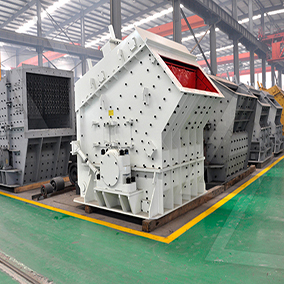Ore Beneficiation Technology in India: Overview and Key Developments
India has a rich mineral resource base, including iron ore, bauxite, coal, copper, zinc, and rare earth elements. Ore beneficiation plays a crucial role in enhancing the quality of mined ores by removing impurities and increasing metal recovery rates. Below is an overview of key beneficiation technologies used in India:
—
 1. Common Beneficiation Techniques in India
1. Common Beneficiation Techniques in India
# A. Iron Ore Beneficiation
– Washing & Scrubbing – Removes clay and silica from low-grade ores.
– Gravity Separation (Spiral Separators, Jigs) – Used for hematite and magnetite ores.
– Magnetic Separation – Effective for magnetite ores (e.g., Kudremukh, Bellary).
– Flotation – For fine iron ore particles (silica removal).
– Pelletization – Agglomeration of fines for blast furnace use (e.g., KIOCL, NMDC).
 # B. Bauxite Beneficiation
# B. Bauxite Beneficiation
– Bayer Process – Primary method for alumina extraction.
– Washing & Screening – Removes silica and iron impurities.
– Froth Flotation – Used for upgrading low-grade bauxite.
# C. Coal Beneficiation
– Dense Medium Separation (DMS) – Widely used in washeries (e.g., CIL).
– Jigging & Froth Flotation – For fine coal cleaning.
– Dry Beneficiation (Air Jigs, Optical Sorting) – Emerging technology to reduce water usage.
# D. Copper & Lead-Zinc Ores
– Froth Flotation – Dominant method for sulfide ores (e.g., Hindustan Zinc Ltd.).
– Leaching & Solvent Extraction (SX-EW) – For oxide copper ores.
—
2. Key Research & Technological Advancements
– CSIR-IMMT (Bhubaneswar) & NML (Jamshedpur)
– Developed advanced gravity-magnetic separation techniques for iron ore.
– Bio-beneficiation research for sustainable processing.
– Tata Steel & JSW Steel Innovations
– Adoption of AI-based sensor sorting for ore quality control.
– High-efficiency classifiers for ultrafine particle separation.
– Government Initiatives
– National Mineral





Leave a Reply